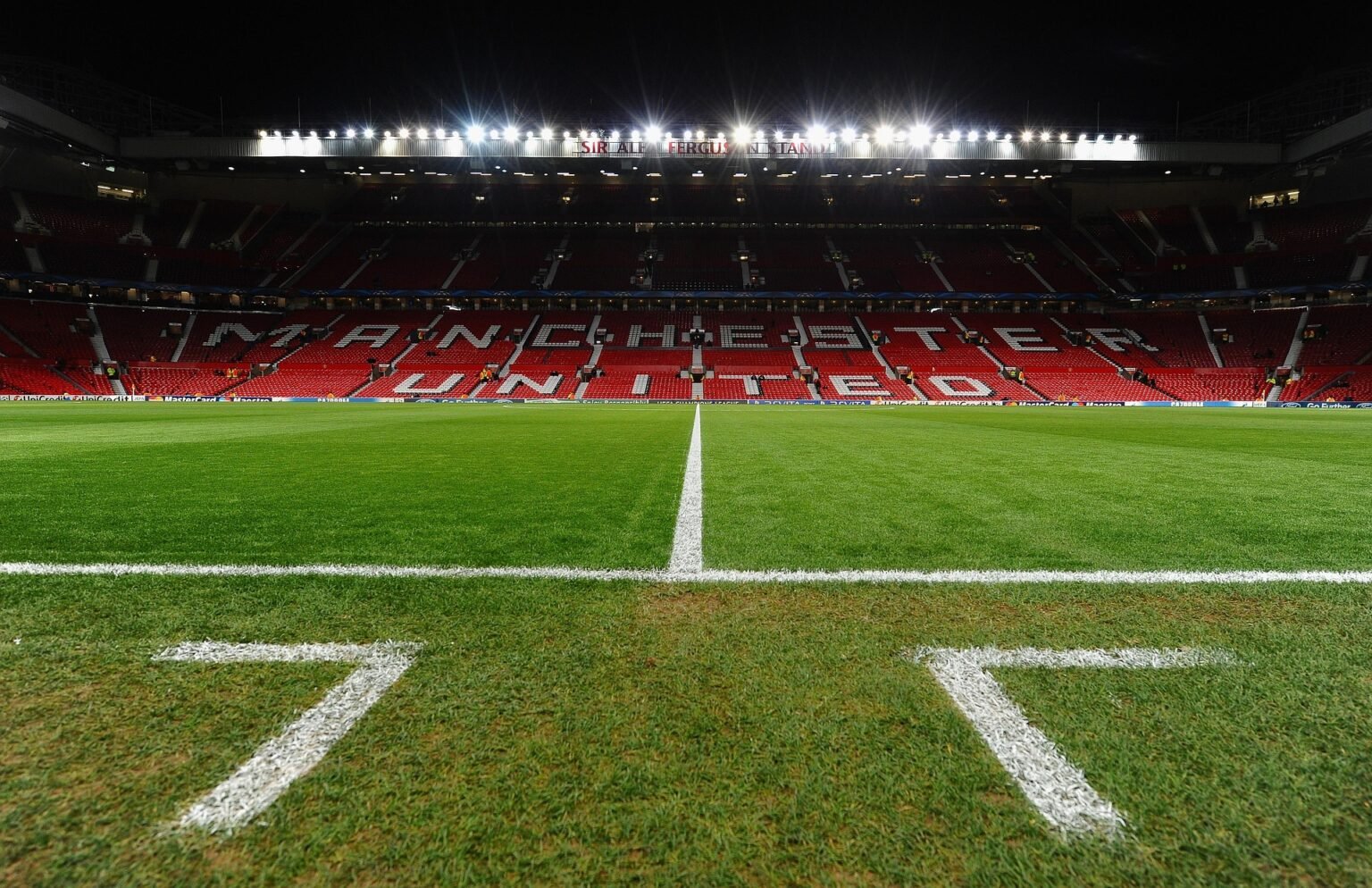The Premier League, officially known as the English Premier League (EPL), is the highest tier of professional football in England. Established in 1992, it is regarded as one of the most prestigious and popular football leagues in the world, drawing fans and players from across the globe.
Origins and Formation
The Premier League was born out of a need for modernization and financial reform in English football. By the late 1980s, English football was struggling with poor infrastructure, declining attendance, and limited revenue streams. To address this, the top clubs decided to break away from the Football League First Division, which had been the pinnacle of English football since 1888.
This decision led to the creation of the Premier League on February 20, 1992, with the inaugural season starting later that year. The league was backed by lucrative television broadcasting deals, with Sky Sports becoming its primary partner. This allowed clubs to significantly increase their revenues, paving the way for the development of modern English football.
Competition Format
The Premier League features 20 teams that compete in a round-robin format, playing 38 matches each season—one home and one away game against every other team. The season runs from August to May, with matches typically held on weekends and select weekdays.
Scoring System:
- 3 points for a win
- 1 point for a draw
- 0 points for a loss
At the end of the season, the team with the most points is crowned the champion. If two teams are tied on points, goal difference and goals scored are used as tiebreakers.
Promotion and Relegation
The Premier League operates under a system of promotion and relegation with the English Football League (EFL) Championship, the second tier of English football. Each season:
- The bottom three teams in the Premier League are relegated to the Championship.
- The top two Championship teams and the playoff winner are promoted to the Premier League.
This dynamic structure ensures high stakes for teams at both ends of the table, keeping the league exciting throughout the season.
Key Moments and Dominant Teams
Over its history, the Premier League has been home to iconic moments and legendary teams:
- Manchester United, under the leadership of Sir Alex Ferguson, dominated the league in its early years, winning 13 titles between 1993 and 2013. At this moment in time (January 20th 2025) they are having the poorest run in its history, winning only 2 of their last 10 matches.
- Arsenal, managed by Arsène Wenger, achieved an unbeaten season in 2003–04, famously known as “The Invincibles.”
- Recent years have seen intense rivalries between clubs like Manchester City, Liverpool, and Chelsea, with Manchester City securing multiple titles under Pep Guardiola.
Global Influence
The Premier League is broadcast in over 200 countries and reaches an audience of approximately 4.7 billion people annually. Its international appeal stems from:
- A diverse pool of world-class players from around the globe.
- Competitive balance, where even smaller teams occasionally upset the giants.
- Engaging narratives, such as relegation battles, title races, and rivalries like the North West Derby (Liverpool vs. Manchester United) and the North London Derby (Arsenal vs. Tottenham).
Financial Power
One of the key reasons for the Premier League’s global dominance is its financial strength. From its inception, broadcasting rights have been a cornerstone of its success. In the early years, Sky Sports’ deal was worth £304 million for five years, a groundbreaking figure at the time. Today, broadcasting deals are worth billions, with the most recent agreements exceeding £10 billion, making the Premier League the wealthiest football league in the world.
This financial power enables clubs to invest heavily in players, facilities, and youth development, further enhancing the league’s quality.
Iconic Players and Coaches
The Premier League has hosted some of the greatest talents in football history, including:
- Cristiano Ronaldo, who rose to fame at Manchester United.
- Thierry Henry, Arsenal’s legendary striker.
- Steven Gerrard, a one-club icon for Liverpool.
- Wayne Rooney, Manchester United’s all-time leading scorer.
- Ryan Giggs, Manchester United’s all time player with the most games played (963 games).
It has also seen managerial geniuses like Sir Alex Ferguson, Pep Guardiola, José Mourinho, and Arsène Wenger, each contributing to the league’s global appeal.
Cultural Significance
Beyond football, the Premier League has become a cultural phenomenon. Matchdays are events that bring communities together, with fans donning their team colors, chanting anthems, and sharing the highs and lows of the sport. The league also contributes significantly to local economies and charitable causes, solidifying its role as more than just a sporting competition.
Conclusion
The Premier League is a global icon of football excellence. Its blend of history, competition, financial strength, and cultural impact makes it the envy of leagues worldwide. Whether you’re a lifelong fan or a newcomer, the Premier League offers a thrilling experience that transcends sport, embodying passion, drama, and unity.
Official Premier League website



